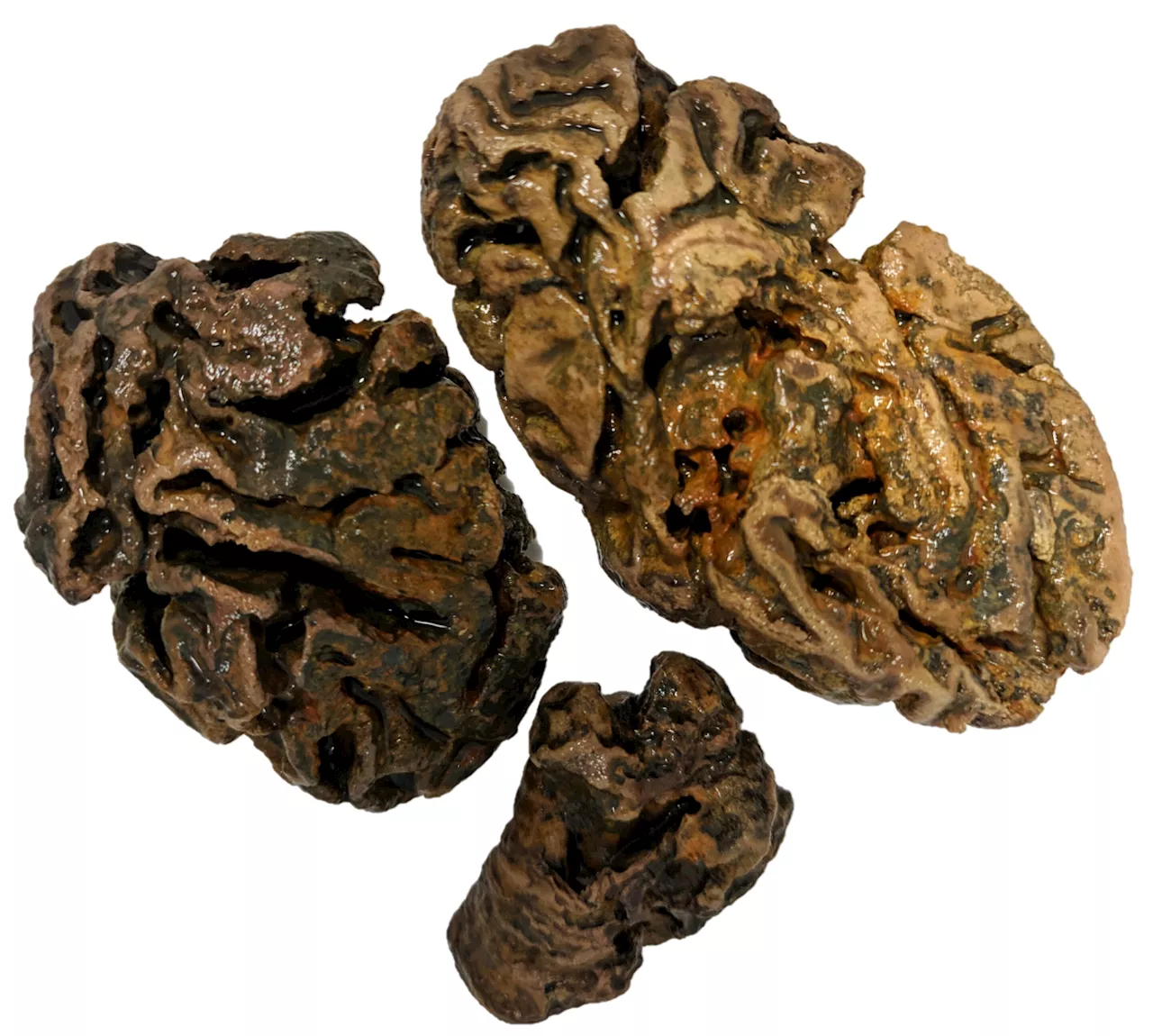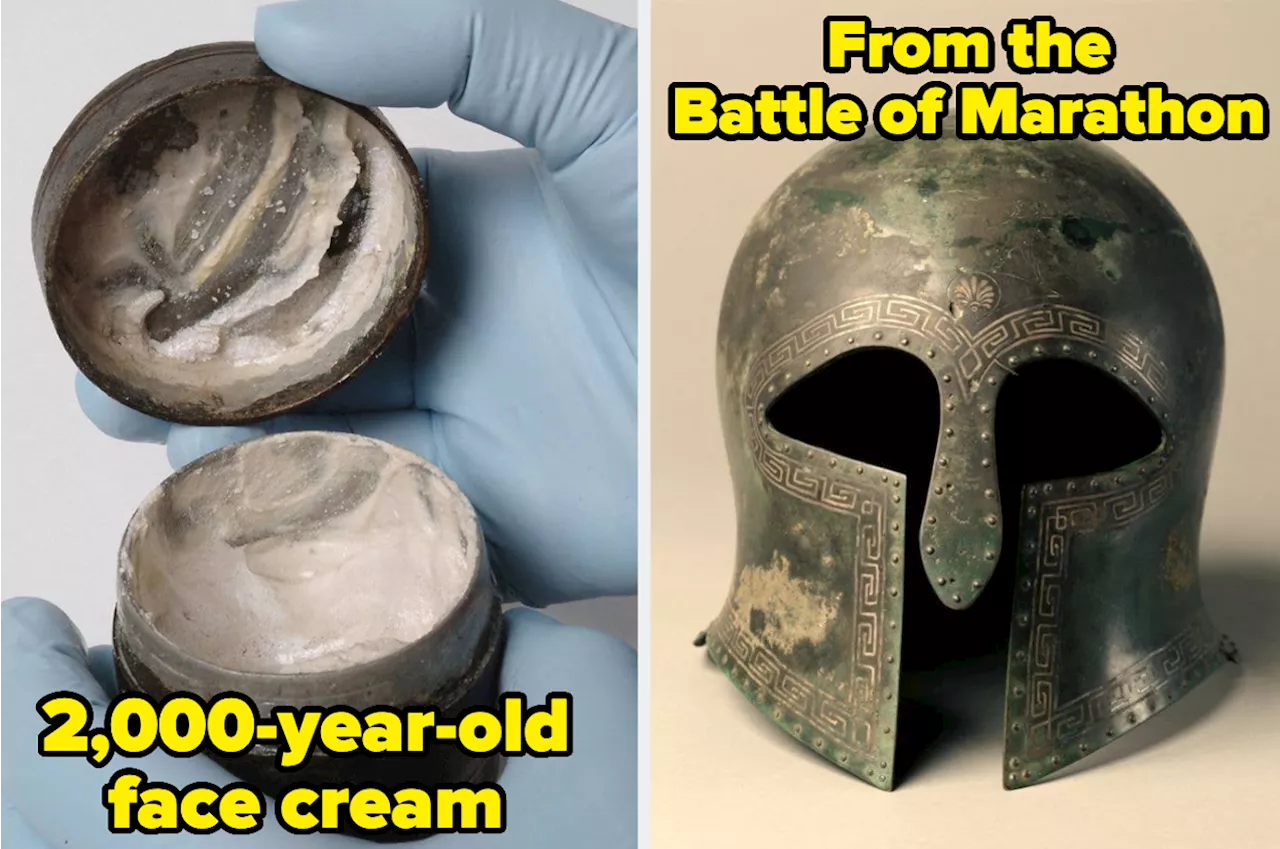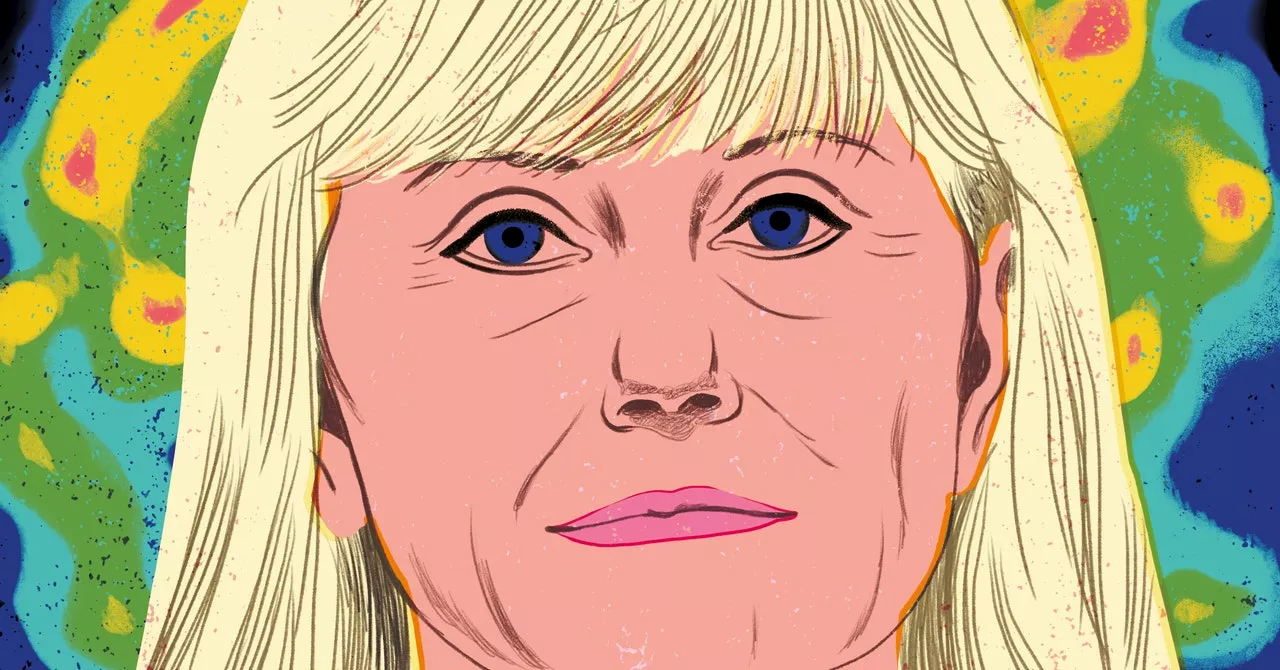The brains in the archive belonged to all manner of individuals, including Egyptian royalty, British monks, Arctic explorers and victims of war.
Researchers have created an unprecedented archive of thousands of human brains preserved in the archaeological record, some of which date back several millennia.A team led by Alexandra Morton-Hayward, a forensic anthropologist and doctoral candidate at the University of Oxford's Department of Earth Sciences in the United Kingdom, reviewed the scientific literature and canvassed archaeologists around the world for a research project.
'I think what's really intriguing about this research is that although we know the brain can liquefy really quickly, clearly, in some circumstances, it also preserves and on incredibly long timescales,' Morton-Hayward told Newsweek. 'So, I would argue that we need to start thinking in greater depth about soft tissue preservation.'The brains in the archive are universally described as discolored and shrunken to varying degrees.
United Kingdom Latest News, United Kingdom Headlines
Similar News:You can also read news stories similar to this one that we have collected from other news sources.
 New archive of ancient human brains challenges misconceptions of soft tissue preservationSoft tissue preservation in the geological record is relatively rare, and except where deliberate intervention halts the process of decay (like embalming or freezing), the survival of entire organs is particularly unusual.
New archive of ancient human brains challenges misconceptions of soft tissue preservationSoft tissue preservation in the geological record is relatively rare, and except where deliberate intervention halts the process of decay (like embalming or freezing), the survival of entire organs is particularly unusual.
Read more »
 Cow Hacked With Human DNA Produces Milk Containing High Levels of Human InsulinScience and Technology News and Videos
Cow Hacked With Human DNA Produces Milk Containing High Levels of Human InsulinScience and Technology News and Videos
Read more »
329-acre ranch in northwest Bexar County to be permanently preservedThe property at the Maverick Ranch-Fromme Farm will be preserved through a conservation easement.
Read more »
 35 Shockingly Well-Preserved Artifacts From The PastThis post is as close to an actual time machine as you'll ever get.
35 Shockingly Well-Preserved Artifacts From The PastThis post is as close to an actual time machine as you'll ever get.
Read more »
 'Noisy' roundworm brains give rise to individualityResearch has demonstrated individual differences in and successfully extracted commonalities from the whole-brain activity of roundworms. The researchers also found that computer simulations based on the whole-brain activity of roundworms more accurately reflect real-brain activity when they include so-called 'noise,' or probabilistic elements.
'Noisy' roundworm brains give rise to individualityResearch has demonstrated individual differences in and successfully extracted commonalities from the whole-brain activity of roundworms. The researchers also found that computer simulations based on the whole-brain activity of roundworms more accurately reflect real-brain activity when they include so-called 'noise,' or probabilistic elements.
Read more »
 Ann McKee Is on a Quest to Save Humanity’s BrainsThe medical community's leading authority on traumatic brain injuries wants to make contact sports—which she loves—safer for everyone.
Ann McKee Is on a Quest to Save Humanity’s BrainsThe medical community's leading authority on traumatic brain injuries wants to make contact sports—which she loves—safer for everyone.
Read more »
